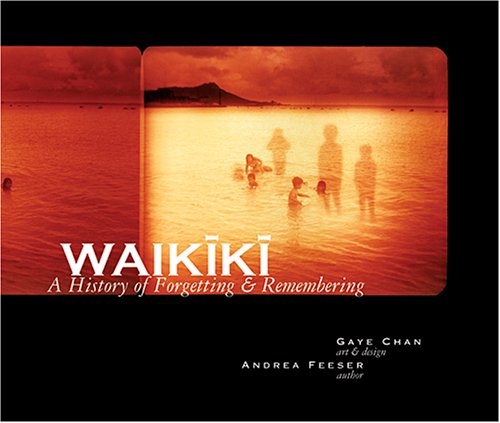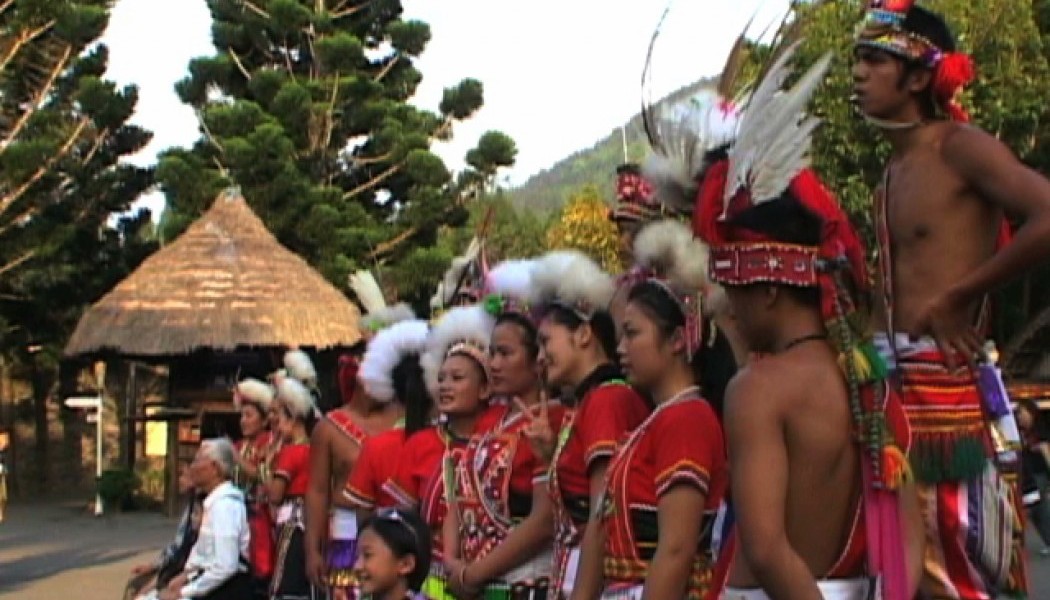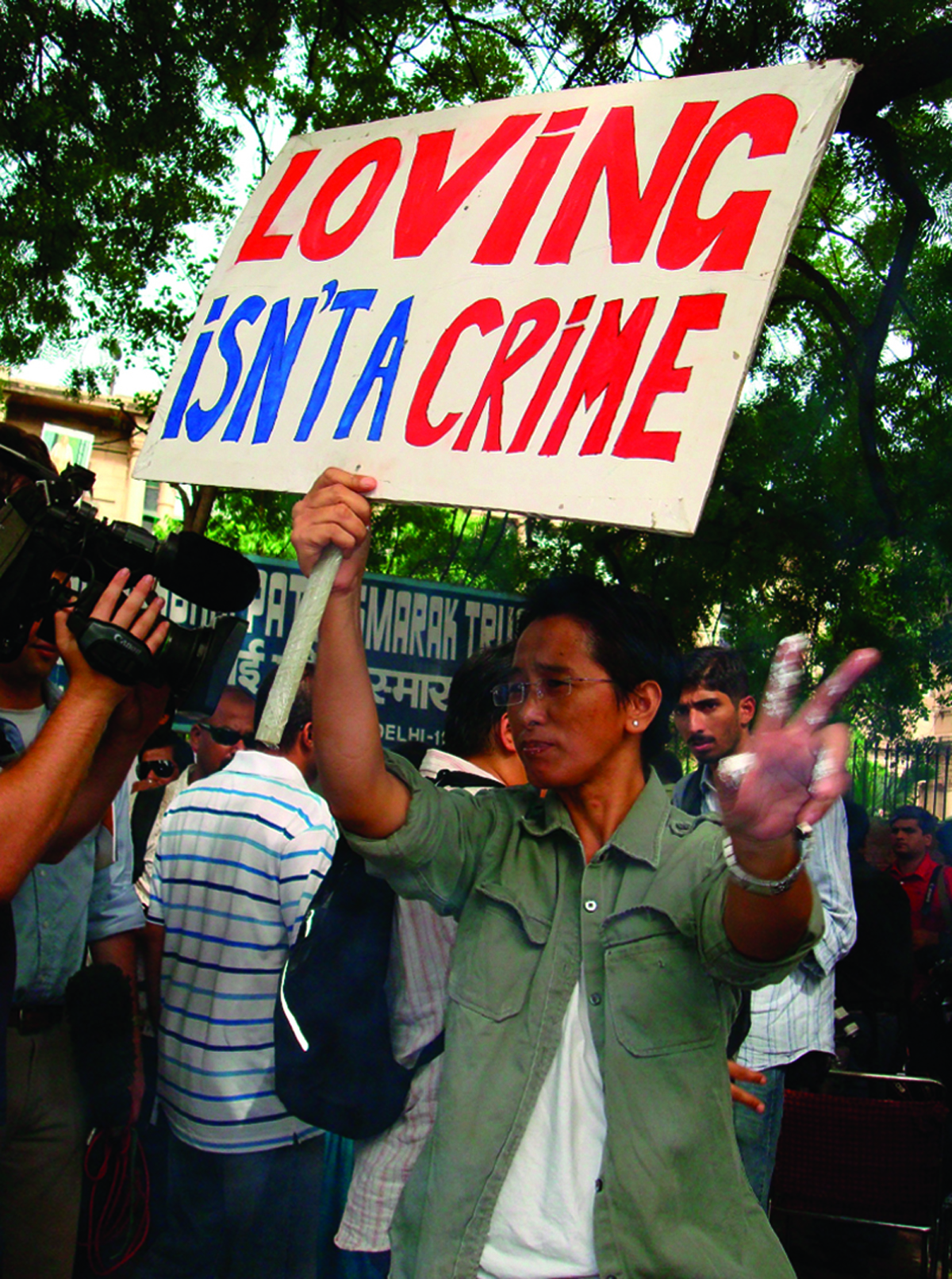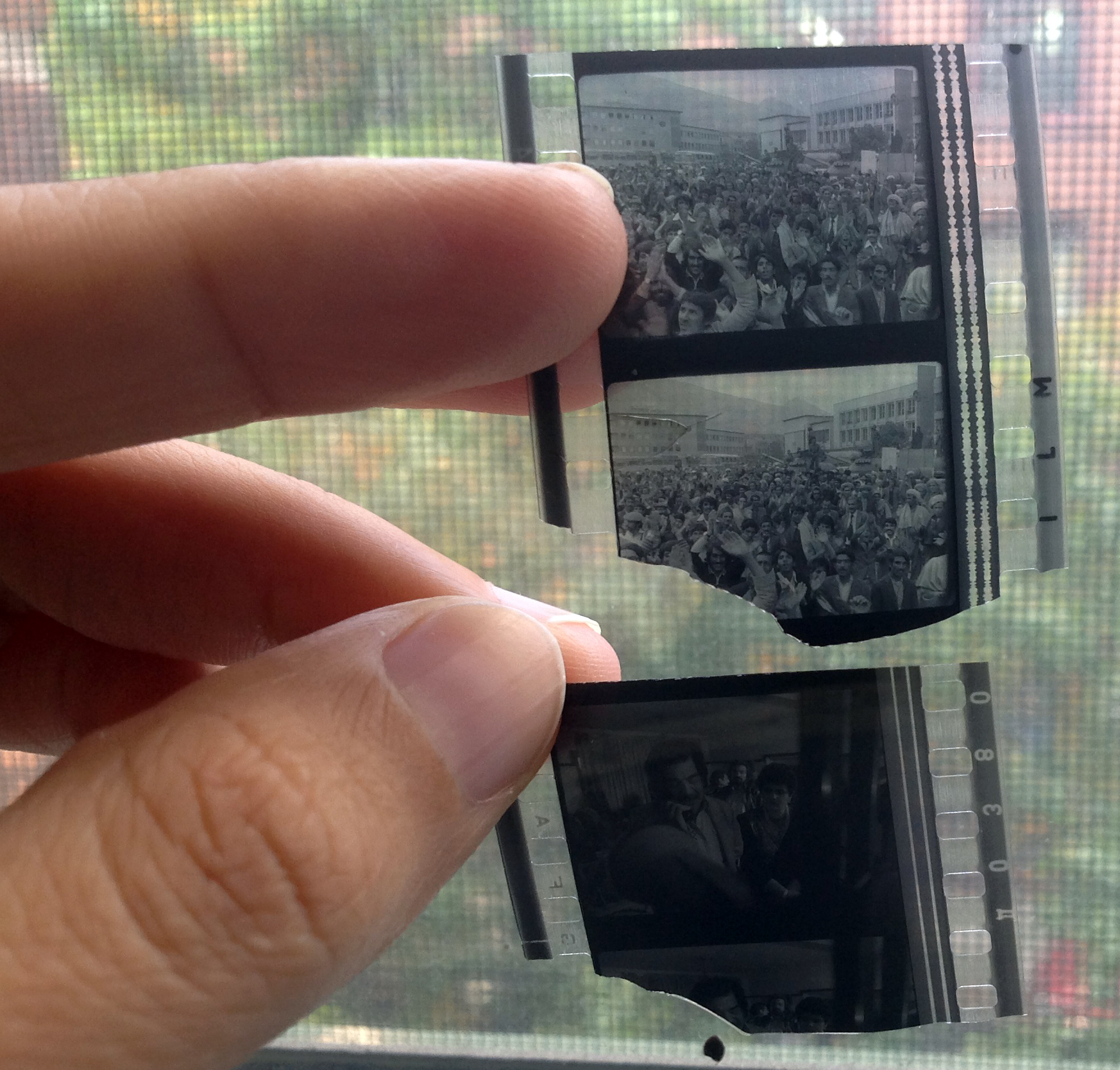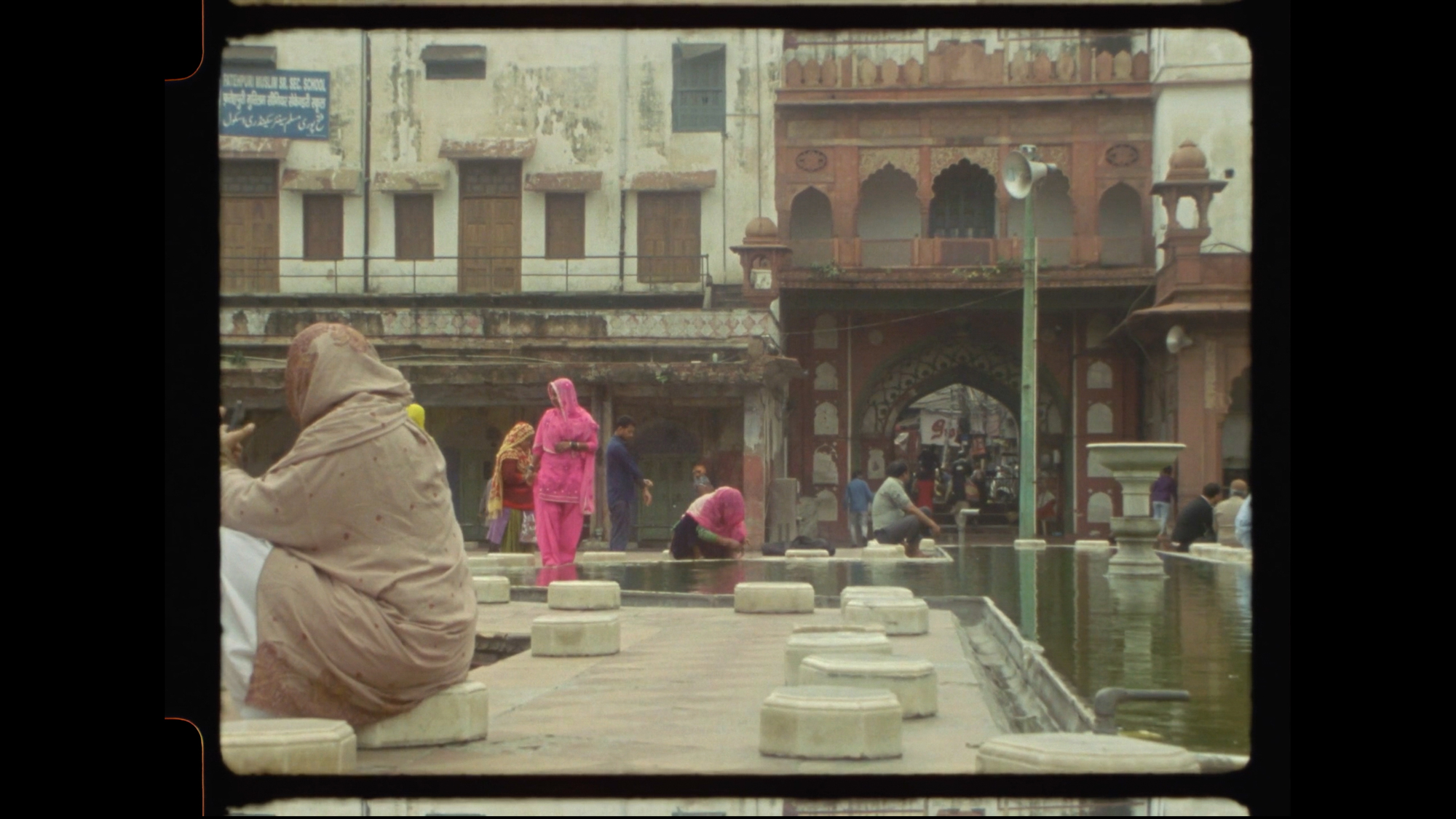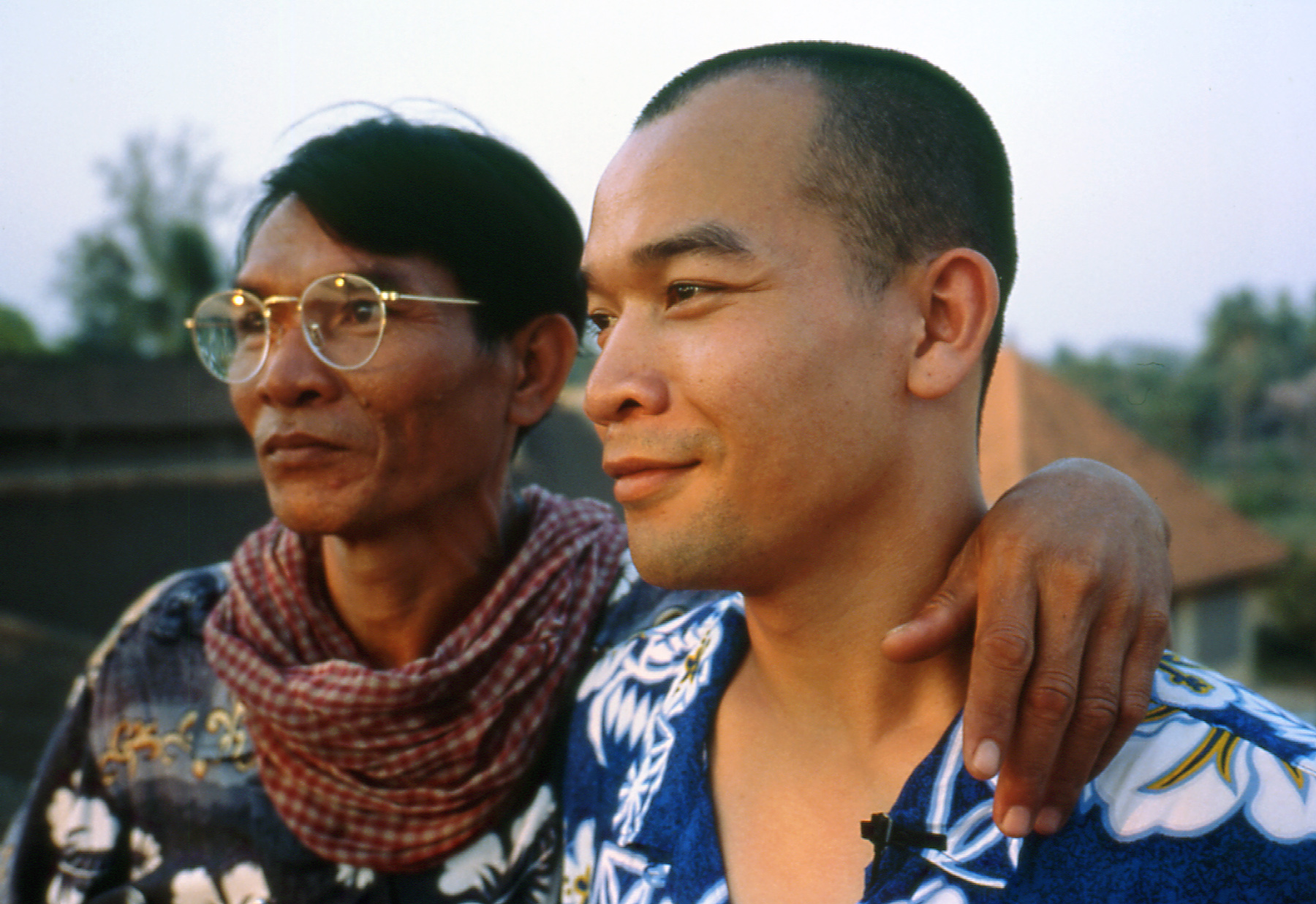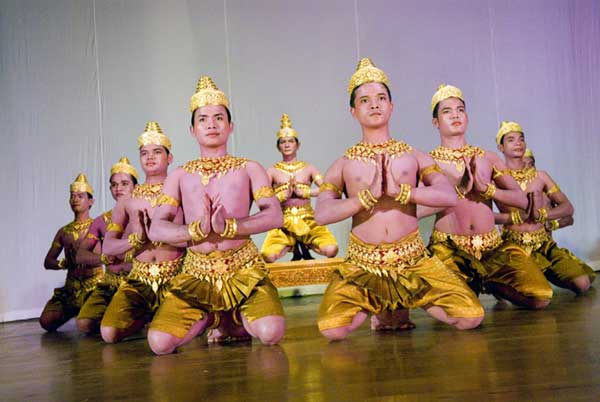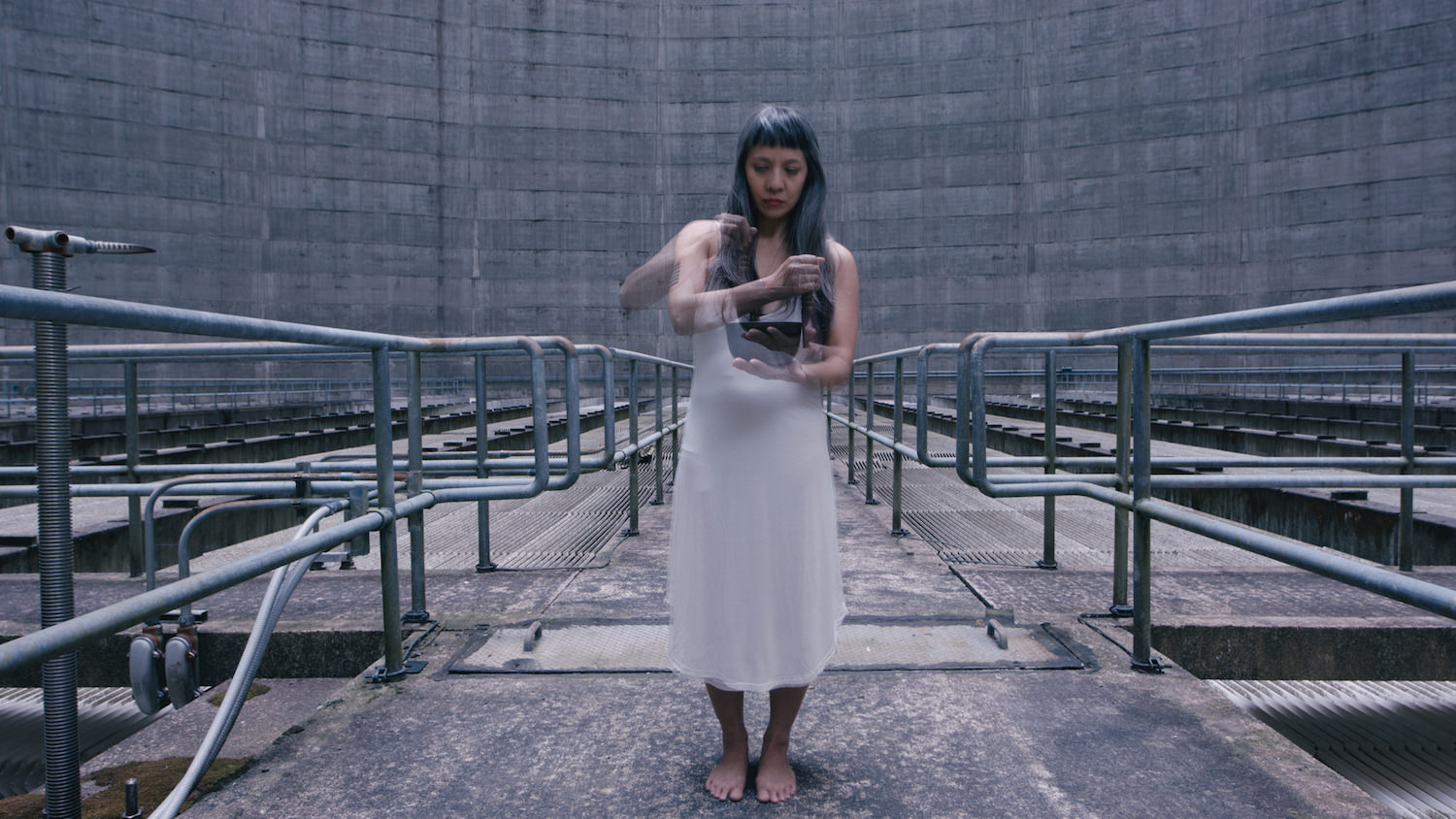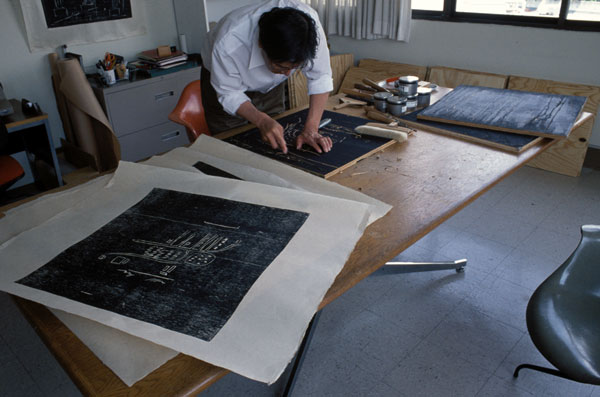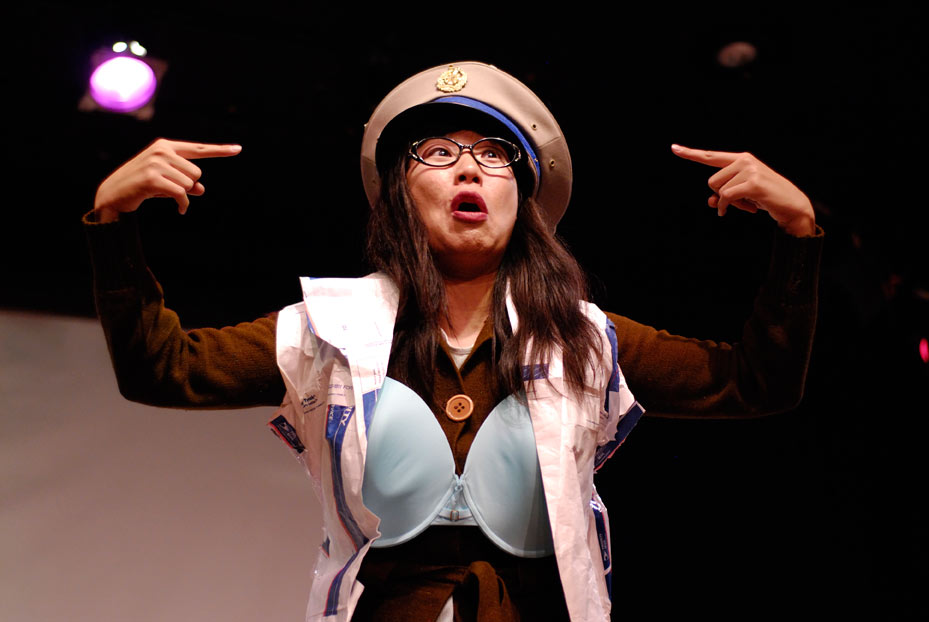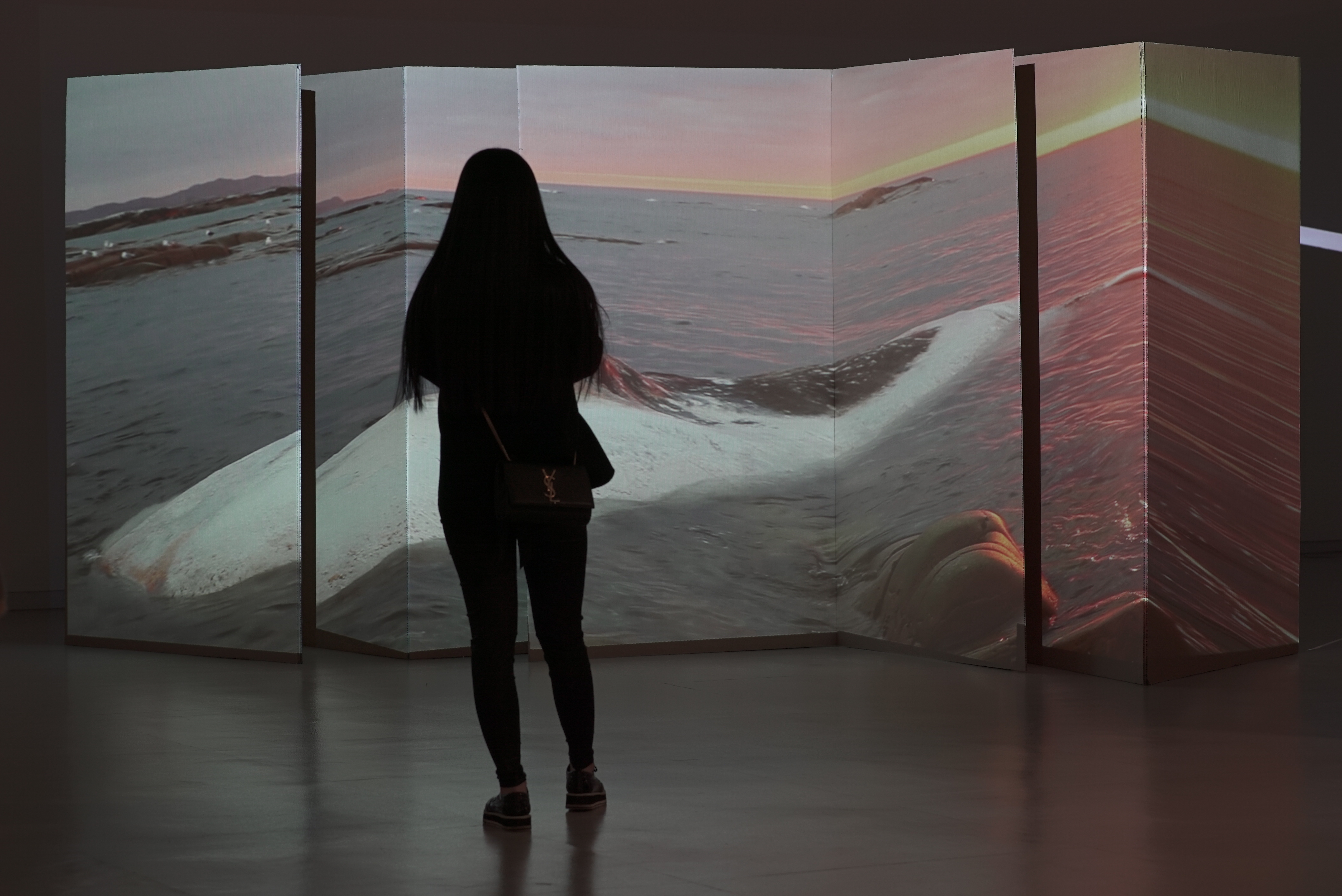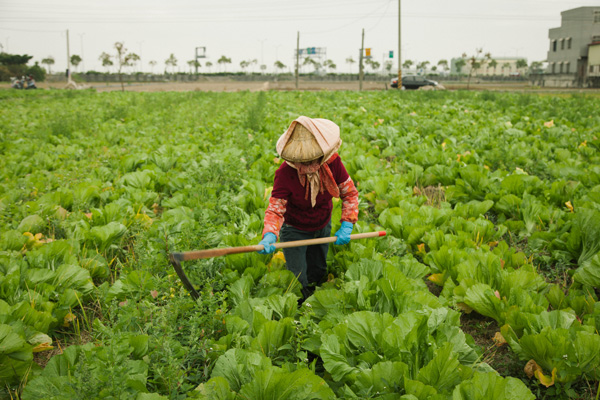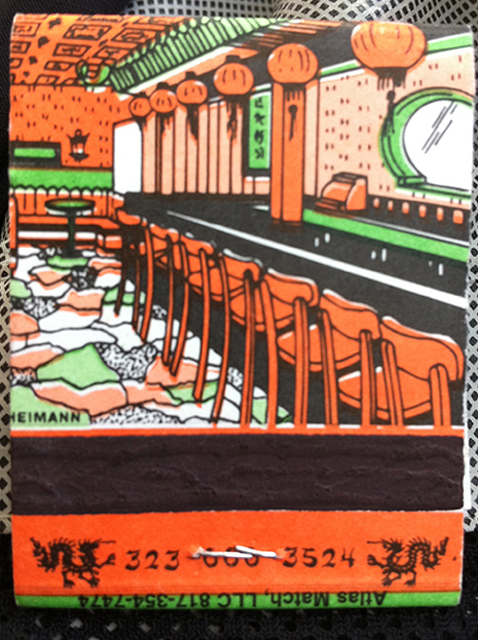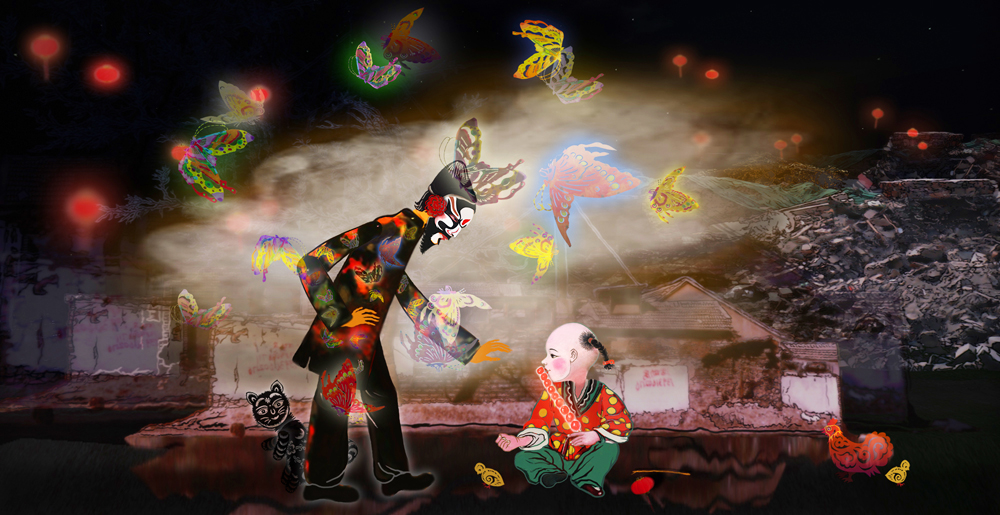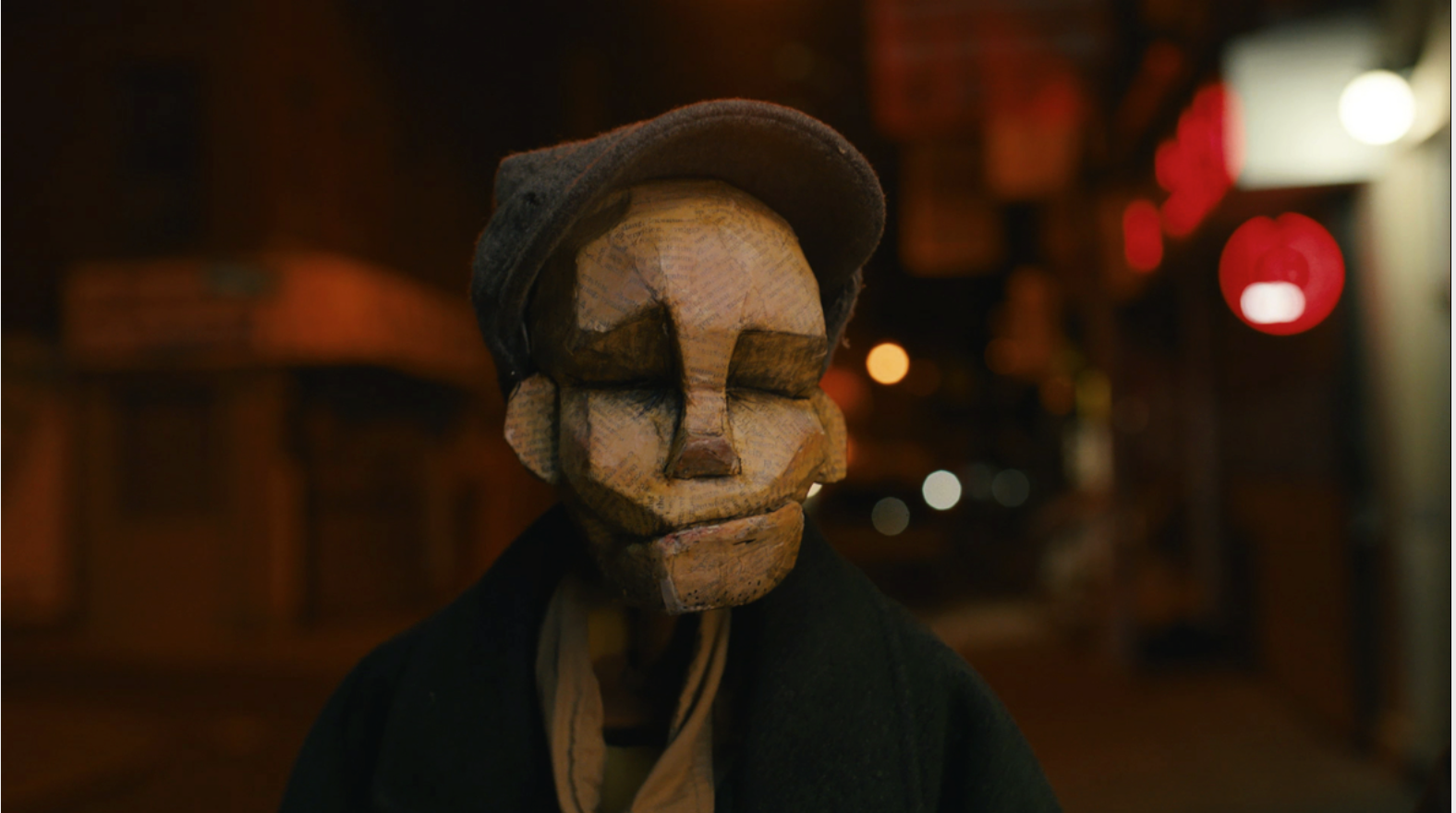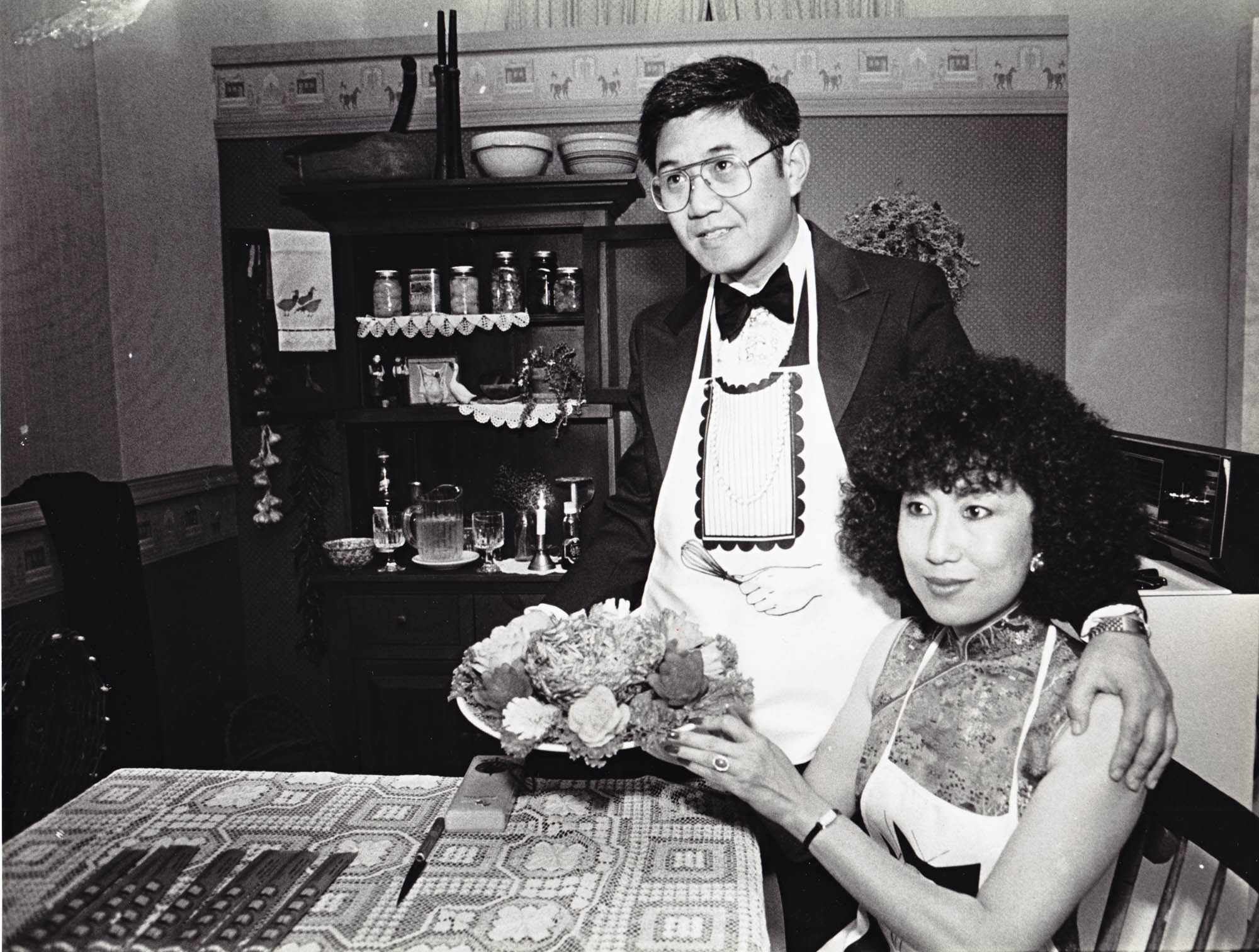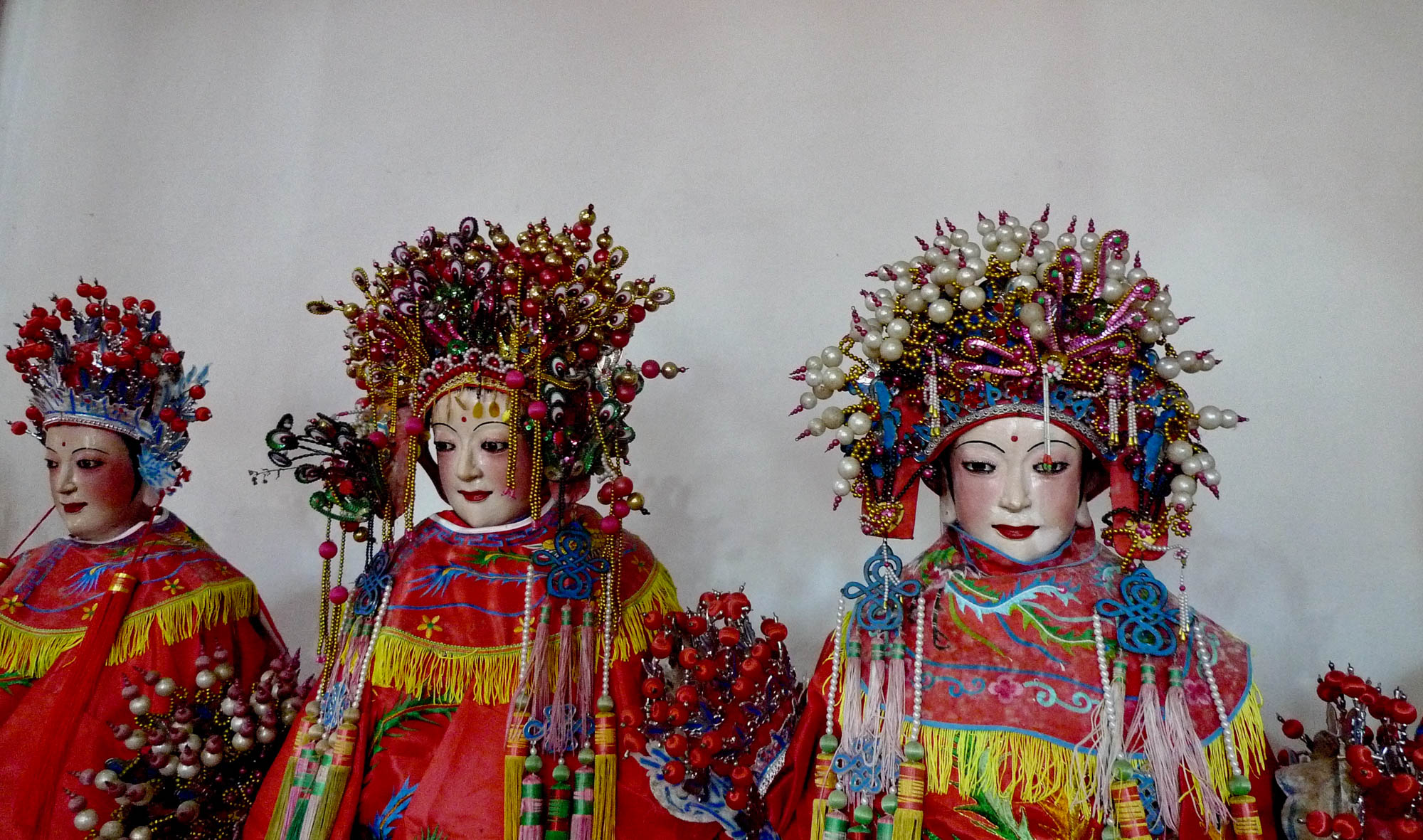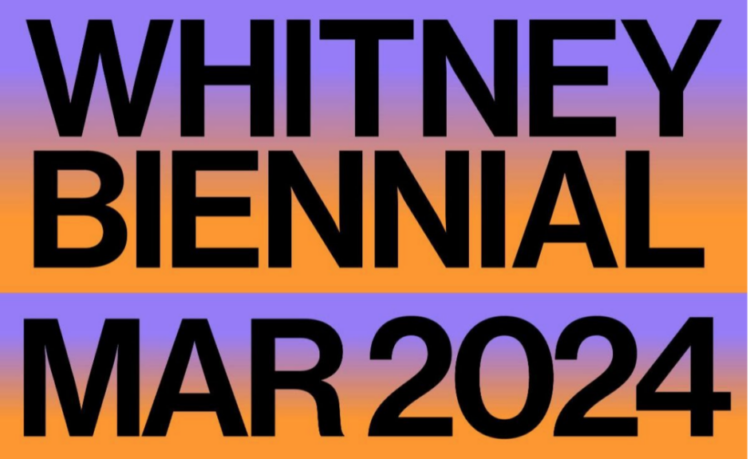Powerful projects exploring Asian American Pacific Islander Heritage
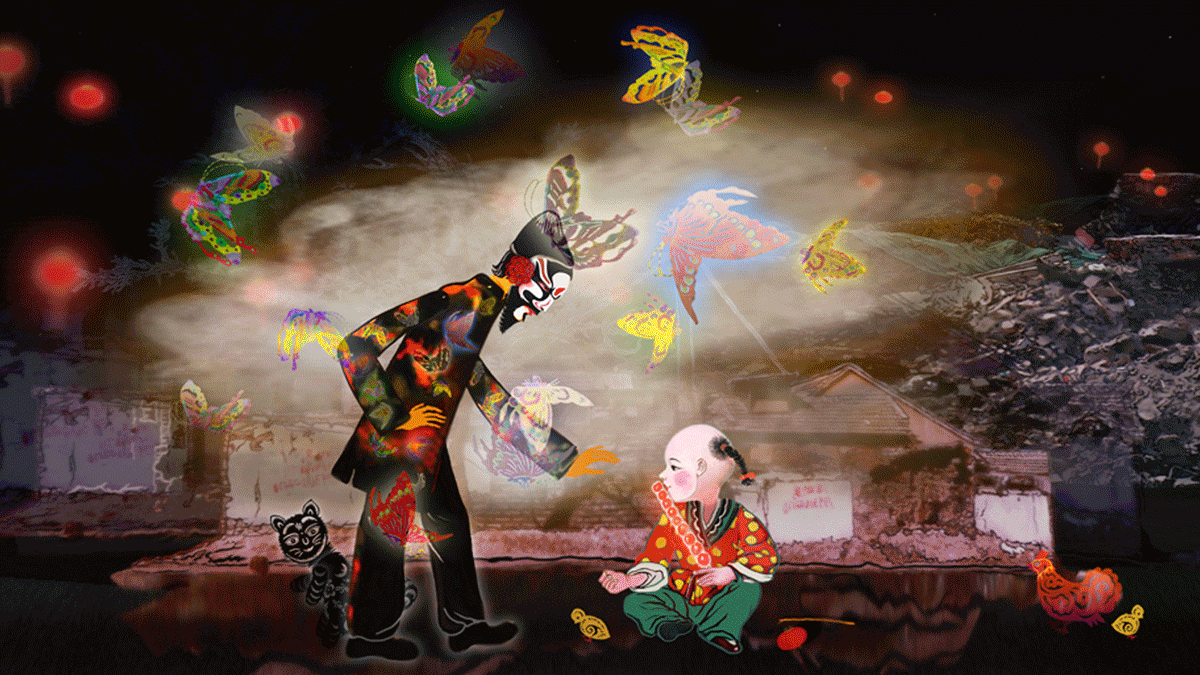
What could be more powerful and more gentle in dispelling myths and encouraging meaningful understanding among individuals, communities, and nations than to look closely at the groundbreaking art being made today? This month, in celebration of Asian American Pacific Islander (AAPI) Heritage Month, Creative Capital invites you to explore a wide range of subjects related to the AAPI experience in the US, including: the history of China through shadow puppetry, mental illness among Asian American women, Korean shamanism, dance-theater based on the stories of a Hapa-Hawaiian, the experience of Vietnamese refugees, the memories of Japanese-Americans in Los Angeles, freedom fighters against the occupying Portuguese forces in Goa, and more.
AAPI experiences are not homogenous, but rather plural, diverse, and complex. We invite you to learn more about these artists and projects that have the potential to shake the world.
Discover AAPI Creative Capital Projects, By Region
Hawai’i and Pacific Islands
| Gaye Chan (2001 grantee)
Historic Waikiki is a project by DownWind Productions, a collaborative of artists, writers, teachers, and activists who examine the impact of colonialism, capitalism, and tourism in Hawai’i. They distribute information and agitprop commodities to help tourists and locals understand their complicity in the decimation of Hawai’i’s land and people, and to imagine different relationships with each other and with our own desires and longings.
|
| Anita Chang (2008 grantee)
Set in Taiwan and Hawai’i, Tongues of Heaven focuses on the questions, desires and challenges of young indigenous peoples to learn the languages of their forebears—languages that are endangered or facing extinction. Using digital video as the primary medium of expression, four young indigenous women from divergent backgrounds collaborate and exchange ideas to consider the impact of language on identity and culture.
|
| Dakota Camacho (2022 grantee)
TÁTAOTAO is a new dance work that creates a sacred space as a portrait of the world we want to live in. This project will involve Matao artists from Låguas and the Diaspora coming together to put their life stories in conversation with their ancestral stories of Creation, migration, and myth. The weaving of these experiences, timelines, and lineages reveal the innate ancestral intelligence Indigenous people activate to navigate the turbulent waters of systemic oppression.
|
| Christopher K. Morgan (2022 grantee)
N(8)tive Enough is a dance-theater piece built from the personal stories of a Hapa-Hawaiian, hula, modern dance, kitschy pop culture images, and humor, asking audiences to reflect on what it means to be Native while highlighting the impossibility of fulfilling the endless expectations, misperceptions, and misinterpretations of Native identity. Using dance, storytelling, an original score, and projected pop culture imagery, N(8)tive Enough addresses these questions with equal parts anger, frustration, sadness, and humor.
|
South Asia
| Sonali Gulati (2012 grantee)
Indian Patient is a nontraditional documentary that uncovers the growing underground medical industry of “curing” homosexuality in India. The film creates a dialogue between factions with differing points of view by exploring the story of one individual in-depth: the gay patient, his family, gay and lesbian activists, and reactions by medical professionals.
|
| Mariam Ghani (2015 grantee)
During the years of Afghan Communism (1978-1991), Afghan filmmakers shot five fiction features that were never edited or screened. In What We Left Unfinished, Mariam Ghani reconnects the original filmmakers with their unfinished works to produce a film about filmmaking that plays on the gaps between the world on-screen and the lived histories around the films. The film also considers what it might mean to finish the unfinished projects of the past—both artistic and political—in the present.
|
| Lars Jan (2021 grantee)
Roam is a performance set in a sports complex that speculatively traces one branch of the Afghan side of the artist’s family tree 70,000 years into the past. Performers will lead audiences wearing AR-glasses to roam around a stadium that transforms into a river-carved valley, where bleachers are tree-covered mountains and other participants become Sapiens and Neanderthals who evolve, migrate, and branch toward the arc of the artist’s complex family history in Afghanistan.
|
| Suneil Sanzgiri (2022 grantee)
Two Refusals is a feature-length film that looks to sites of refusal, rejection, and revolt across India and Africa. It weaves together personal reflections on the artist’s family history as freedom fighters against the occupying Portuguese forces in Goa with stories of liberation and resistance across the Goan diaspora, focusing on the bonds of solidarity that developed across the two continents against the Portuguese Empire.
Suneil Sanzgiri is one of Art in America’s ten “artists to watch“! |
Southeast Asia
| Spencer Nakasako (2000 grantee)
Refugee is told from the viewpoint of young Southeast Asian-Americans, born in Vietnam, Cambodia, and Laos, who fled to America. The last of a transitional refugee generation born in Southeast Asia, they have younger American-born sisters and brothers and are now beginning to raise American children of their own. Their earliest childhood memories and the cultural traditions of their parents link them to a home of the past, but their future is in the United States.
|
| Sophiline Shapiro (2006 grantee)
Pamina Devi re-imagines Mozart’s opera, The Magic Flute, as a Cambodian classical dance. Sophiline Shapiro interprets this Enlightenment-era work in the style of her native country as a way to explore divergent cultural viewpoints on the meaning of revolution and the way extreme righteousness and rhetoric can lead to extraordinary cruelty.
|
| Dao Strom (2016 grantee)
Postwar Tablefruit is a multimedia literary project that explores the diasporic identity as an ethos and confluence, both, of place and (dis)placement. Drawing from her own experience as a “1.5 generation” diasporic Vietnamese refugee and immigrant child of a “postwar” era, Dao Strom uses the melding and juxtaposition of hybrid elements—poetry, music, fragmented images, video poetry, sung-poetry, image-text—to create a multifaceted, mytho-poetic experience that embodies the un-containability, mutability, deep mystery, and fractures of the hybrid self.
|
East Asia
| Hirokazu Kosaka (2001 grantee)
For Ruin Maps, Kosaka asked 100 elders from the Los Angeles Japanese-American community to draw maps of their childhood communities from memory and relay the stories of their upbringings. The maps were used as the basis for a series of woodcut prints produced with a master printer.
|
| Kristina Wong (2006 grantee)
Wong Flew Over the Cuckoo’s Nest is a comedic multimedia solo performance about mental illness among Asian American women, drawn from her own experience and two years of research into the issue. Wong recently won a 2022 Lucille Lortel Award for Outstanding Solo Show for her performance, Kristina Wong: Sweatshop Overlord! |
| Patty Chang (2012 grantee)
The Wandering Lake is a personal, associative, narrative meditation on mourning, caregiving, geopolitics and landscape. Patty Chang looks at water resource as a political and poetical infrastructure, inspired by colonial explorer Sven Hedin’s attempts to map location of a migrating body of water in the Chinese desert.
|
| Norbert Shieh (2012 grantee)
Preserves is a hybrid narrative/documentary that observes the process of making ”suan tsai” (a pickled mustard green that is a side ingredient to Taiwanese culinary dishes) and the individuals whose lives revolve around its production. The film explore the growing conflicts over the scarcity of land on the island between agricultural, industrial, and housing interests.
|
| Amy Yao (2012 grantee)
Amy Yao’s multimedia work will feature film, photography and an archive of collected image and field recordings made while traveling between Shanghai and Tibet on the Qinghai-Tibet Railway. Young Girl, Young Boy, Find Me… will focus on the themes of youth culture, Chinglish, modernization and mass migration.
|
| Dohee Lee (2013 grantee)
MAGO is a performance installation integrating music, dance, animation, ritual and mudangism (Korean shamanism). Through an exploration of the myth of Mago and Dohee Lee’s own story, the work will be a cleansing/purging ritual, an intensely personal journey of birth, self-discovery, confrontation, action and re-birth, embracing spirituality, politics and healing.
|
| Lily & Honglei (2015 grantees)
Shadow Play: Tales of Urbanization in China is an animation and augmented reality project exploring how urbanization has torn up families in China. The aesthetics are based on a folk art style favored for its accessibility by the very Chinese farmers and laborers at the heart of the story.
|
| Jen Liu (2019 grantee)
Pink Slime Caesar Shift is a project that proposes to alter the genetic material of cow cells in order to carry secret messages of labor activism for female factory workers in South China, taking the form of genetic engineering of cow cells, 3D-printer prototyped small-cast sculpture, and video/3D animation.
|
| Diane Paragas (2020 grantee)
Through a mixture of recreation puppetry, archival interviews, and verité, The Three Lives of David Wong documentary film tells the story of an undocumented Chinese immigrant wrongfully convicted of murder, and the group of activists who came to together to rally for his freedom.
|
| Stephanie Wang-Breal (2020 grantee)
Florence from Ohio is a real-life, genre-twisting film about an immigrant Chinese woman, Florence Wang, and her first-generation daughter, Stephanie Wang-Breal. Told through the lens of Florence’s St. John Knitwear suits, mother and daughter collectively reimagine and embrace their generational ideas of motherhood, feminism, racism, and assimilation.
|
| Meng Jin (2021 grantee)
Mothers and Girls is a novel or “fake memoir” narrated by the daughter of a Chinese poet and a white American translator/scholar of Chinese literature. By playing with narrative expectations of autofiction, Meng Jin complicates narratives of motherhood and girlhood, expands imaginaries of mental illness in non-Western contexts, and illuminates the lives of minority-written texts.
|
